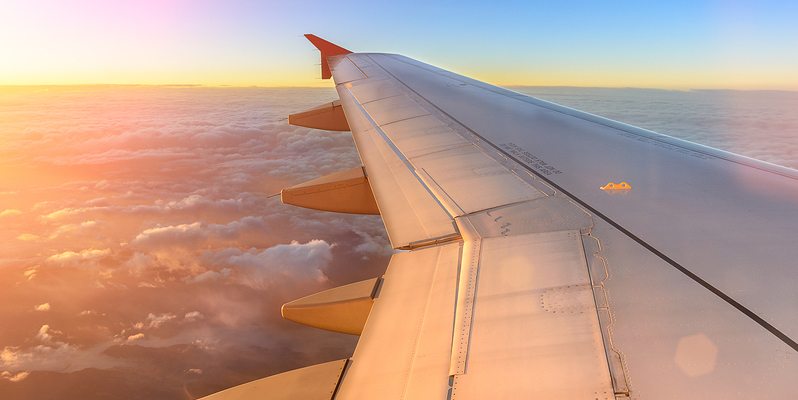It is no surprise to anyone reading this blog or for anyone who has traveled at all that accidents happen on planes. A whole host of things can happen on a plane that would warrant a passenger to seek compensation from the airline carrier. There are factors that are beyond the control of the airlines, such as turbulence or unruly passengers or even an order by the government to ground the airplane for any number of reasons. Any number of these issues could cause luggage to fall from overhead compartments, a dangerously slippery condition in the aisle that makes a passenger slip and fall with serious personal injury following, a runaway food and soda cart that crashes into a small child, or hot, scalding coffee or water is spilled on a passenger by accident or any other set of circumstances. Since airplanes travel through literally pretty much every jurisdiction in the world, there is a need for a uniform set of rules and regulations to govern such injuries. As such, it should not come as a surprise that there is an international treaty that deals specifically with the issue of damages from personal injuries or death of a passenger, sustained on an international flight. More specifically, liability in such circumstances is governed by the Montreal Convention. For domestic flights, passengers have to seek compensation through local, state laws.
If suing an airline for damages, it is vitally important to make the distinction as to which law controls. Even if the airplane had a brief stop over at a domestic stop and the passenger was injured in the United States and never once went over international waters or borders, but still had an international stop on its itinerary, liability is covered under the Montreal Convention. Under the Montreal Convention, an airline is strictly liable for any damages up to 100,000 special drawing rights (SDR). A SDR is a mix of international currencies maintained by the International Monetary Fund, which has different exchange rates compared to the dollar, much like the Euro does. The exchange rate generally hovers around 1.4 SDRs to 1 dollar. So, as long as this exchange rate holds, an airline is strictly liable for any damages sustained in excess of approximately $140,000. In addition, airlines are not subject to psychiatric or psychological damages. Since the airline is strictly liable for any injury less than the threshold, it means that a passenger does not have to prove liability, only damages. For anything above that amount, the airline can avoid higher damages if it can prove that the damages are not the result of the negligence of the airline. There is an important distinction found in this, namely that the airline has the burden of proof that the damages are not the result of the airlines. At the same time, it is still strictly liable up to the threshold amount (as determined by exchange rates).
All of these issues are distinct as to airline liability for domestic flights. Domestic flights are governed by regulations set by the Department of Transportation as well as local, state law. These factors are fact sensitive as to departure and arrival jurisdictions as well as where the accident occurred. More importantly, many of the provisions are covered by arbitration clauses and other contract provisions attendant to the purchase of airline ticket.
If you or a loved one were harmed on an airline, you need to speak with an experienced, understanding attorney who can help you. The attorneys of Napoli, Shkolnik, PLLC have the experience, tenacity, and know-how to insure that you are made whole for any pain and suffering you sustained and compensated for any life altering injuries. You can call us at 212-397-1000 or use our online contact information in regards to your case so someone can contact you.
